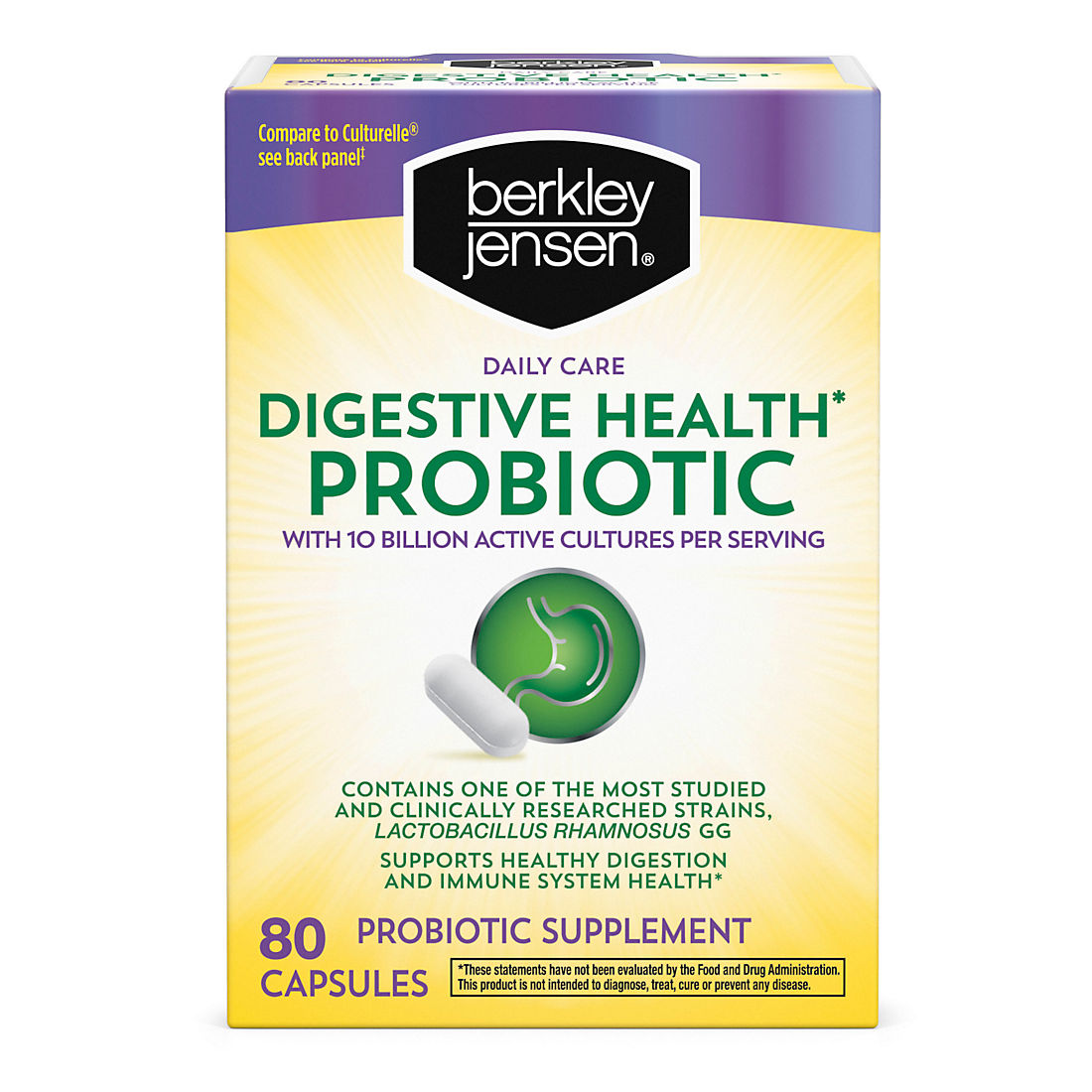Probiotics for Digestive Health
What advantages come from taking probiotics? It may be difficult to swallow, both literally and figuratively, the thought of ingesting a few billion bacteria every day for your health given that bacteria are known to be disease-causing. But a growing corpus of scientific research indicates that some foods and supplements with live bacteria may be used to treat and even prevent some ailments. Due to their culture of consuming foods that are fermented with bacteria, such as yogurt, Northern Europeans consume a lot of these helpful microorganisms, known as probiotics (from pro and biota, meaning "for life"). In Japan, the sale of beverages infused with probiotics is huge.
Probiotic pills are being suggested by certain digestive disease specialists for conditions including irritable bowel syndrome that defy treatment with traditional drugs. Clinical research has shown that probiotic therapy can treat and prevent vaginal and urinary infections in women as well as a number of gastrointestinal disorders in addition to delaying the onset of allergies in infants.
Self-administration of bacteria is not as absurd as it may sound. Every normal, healthy colon is home to an estimated 100 trillion germs from more than 500 different species. In most cases, these bacteria (or microflora) do not cause illness in humans. Gut-dwelling bacteria support digestion and nutrient absorption, inhibit infections (harmful germs), and strengthen the immune system.
Benefits of Taking Probiotics
Different types of probiotics exist. The impact of the various bacteria strains varies. One strain, for instance, might be able to combat germs that cause cavities in our mouths without needing to go through our intestines.
The results of the research are encouraging for these amiable creatures. Probiotics may have advantages in the management or prevention of:
- diarrhea.
- Inflammatory colitis.
- Crohn's illness.
- pylori H (the cause of ulcers).
- pelvic infections.
- infections of the urinary tract.
- Urinary bladder cancer recurrence.
- digestive tract illness brought on by Clostridium difficile.
Probiotics and Gut Health
Diarrhea treatment has shown to be the most successful application of probiotic therapy. Lactobacillus GG can decrease the duration of infectious diarrhea in infants and children, according to controlled studies (but not adults). Even though there are few studies and conflicting data, two significant reviews suggest that probiotics can reduce antibiotic-associated diarrhea by 60% when compared to a placebo.
Constipation is the issue that is more prevalent than diarrhea. Researchers who were looking for studies on the advantages of probiotics in treating constipation discovered that they decreased "gut transit time" by 12.4 hours, increased the number of bowel movements per week by 1.3, and helped to soften stools so they were easier to pass. Probiotics for Digestive Health, Probiotics Supplements, Probiotics and Vaginal Health, Probiotics and Gut Health, Benefits of Taking Probiotics, But when it comes to the advantages of probiotics for constipation, the verdict is still out on specific prescriptions.
Irritable bowel syndrome and Crohn's disease sufferers may also benefit from probiotic therapy. Despite conflicting findings from clinical trials, a number of small studies suggest that certain probiotics may help sustain ulcerative colitis remission and guard against relapses of Crohn's disease and pouchitis (a complication of surgery to treat ulcerative colitis). Many people are experimenting with probiotics before there is sufficient research on the specific strains they are taking because treating these conditions can be so frustrating. To determine which strains are most effective for certain conditions, more research is required.
Probiotics and Vaginal Health
Probiotics might be helpful for preserving urogenital health. The vagina is a delicately balanced ecosystem, much like the gastrointestinal system. It is typically too acidic for hazardous germs to survive due to the predominant Lactobacilli strains. However, there are a variety of things that can upset the system, such as antibiotics, spermicides, and birth control tablets. Yeast infection, urinary tract infection, and bacterial vaginosis are examples of frequent female urogenital issues that may benefit from probiotic therapy that restores the balance of microbiota.
Many women use yogurt as a "folk cure," with little support from medical science, to treat recurrent yeast infections by ingesting it or injecting it into the vagina. Lactobacilli can be administered orally and vaginally to treat bacterial vaginosis, albeit there isn't enough data to advocate these methods above more traditional ones just yet. (Vaginosis must be treated as it raises the possibility of complications from pregnancy and pelvic inflammatory illness.) The use of probiotics to treat urinary tract infections is being researched.
Probiotics are typically seen as harmless because they are naturally found in a healthy digestive system, however, there is a potential risk for those who have weakened immune systems. Probiotics for Digestive Health, Probiotics Supplements, Probiotics and Vaginal Health, Probiotics and Gut Health, Benefits of Taking Probiotics, Make sure the ingredients are listed on the label and that you or your healthcare professional are familiar with them. The safety of unknown mixes cannot be determined.
Probiotics Supplements
The majority of probiotics are marketed as dietary supplements in the US, which means they are not subject to the same testing and approval requirements as pharmaceuticals. Before products are marketed, manufacturers must ensure that they are safe and that any promises mentioned on the label are accurate.
The varieties of bacteria indicated on a label, however, are not always effective for the condition you are taking them for. You might want to speak with a doctor who is knowledgeable in probiotics to go through your options because health benefits vary by strain and not all strains are necessarily beneficial. Always inform your primary care physician about your actions.







0 Comments